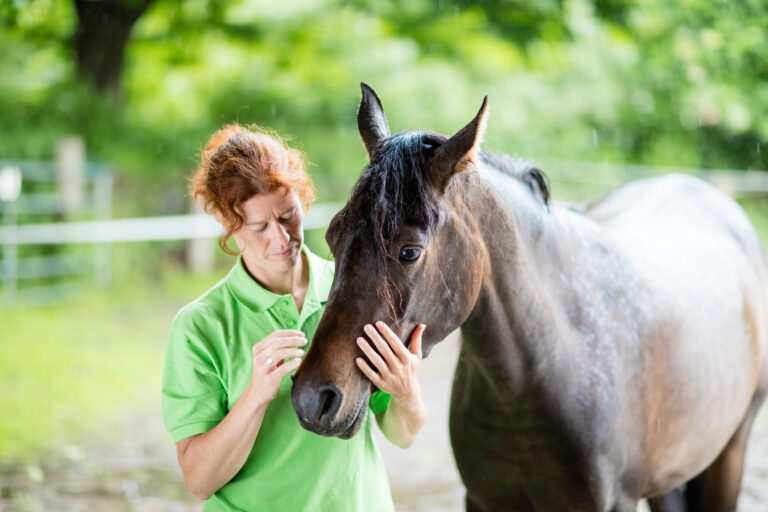Texas Animal Health Commission (TAHC) officials have released the premises quarantined for equine herpesvirus type 1 (EHV-1) in El Paso County. There are no other reported EHV-1 cases in Texas.
The first case of EHV-1 in El Paso County was confirmed on February 18, 2016, in two horses at one premises.
The TAHC reminds equine owners to keep their horses healthy by practicing simple biosecurity measures. Biosecurity is a set of management practices designed to reduce the risk of introduction and transmission of an infectious disease agent, such as EHV-1.
By following these simple guidelines owners can minimize the risk to their equine:
Consult your veterinarian to establish an appropriate vaccination program for your horse(s).
- Tie your horse(s) to your trailer. If using a stall, clean and disinfect it, if possible, before stalling your horse. Always use clean, fresh bedding.
- Minimize your horse(s) having direct contact with unknown horses, especially nose-to-nose contact.
- Use your own water and feed buckets. Avoid letting your horse(s) drink from a communal water trough. Fill water buckets from a faucet.
- Do not share grooming equipment or tack. If you must, then wash and disinfect it before returning to your own horse(s).
- Avoid petting and touching other horses in order to minimize the risk of transferring a disease back to your horse. If you must handle other horses then wash your hands or use hand sanitizer before handling yours.
- Avoid letting strangers pet your horse, especially if they have horses of their own.
- Before returning home from an event clean up your equipment (boots, tack, grooming supplies, buckets, etc.) to help reduce the risk of transporting an infectious agent back home. Consider washing and disinfecting your trailer when you return home.
- If possible, isolate your returning horse(s) for 2 weeks or at least prevent nose-to-nose contact with your other horses.
Your private veterinary practitioner can provide additional information on steps you can follow to reduce the risk of your horse acquiring an infectious disease while traveling.
For more information on protecting your livestock from EHV-1, contact your local TAHC regional office http://www.tahc.texas.gov/agency/TAHC_RegionalOfficeMap.pdf.








